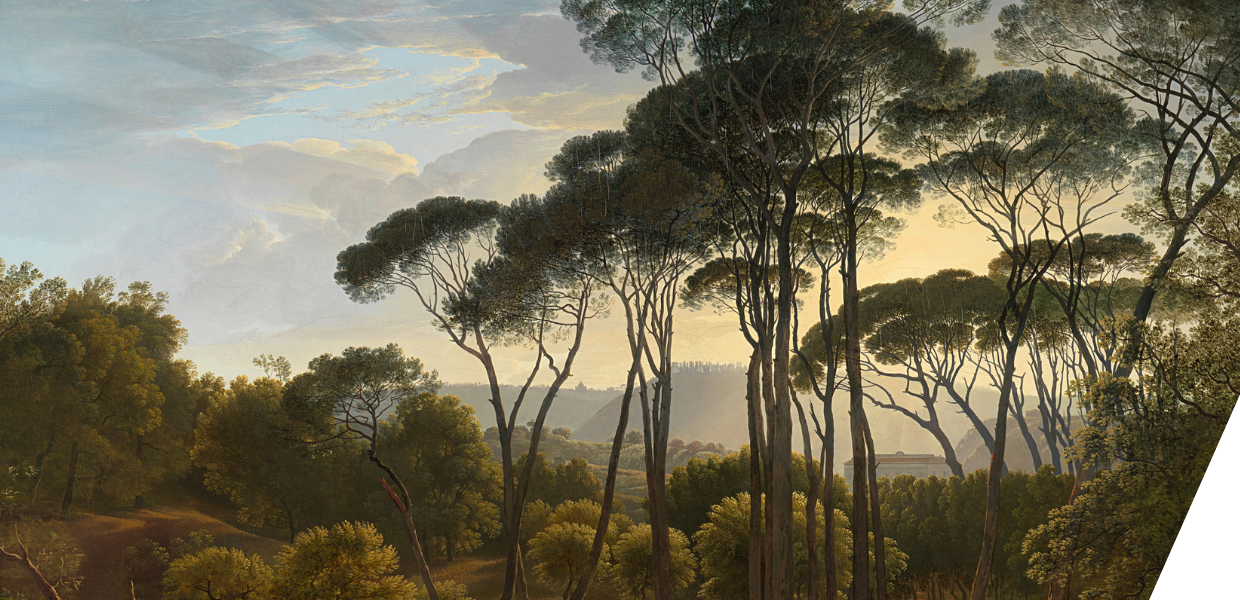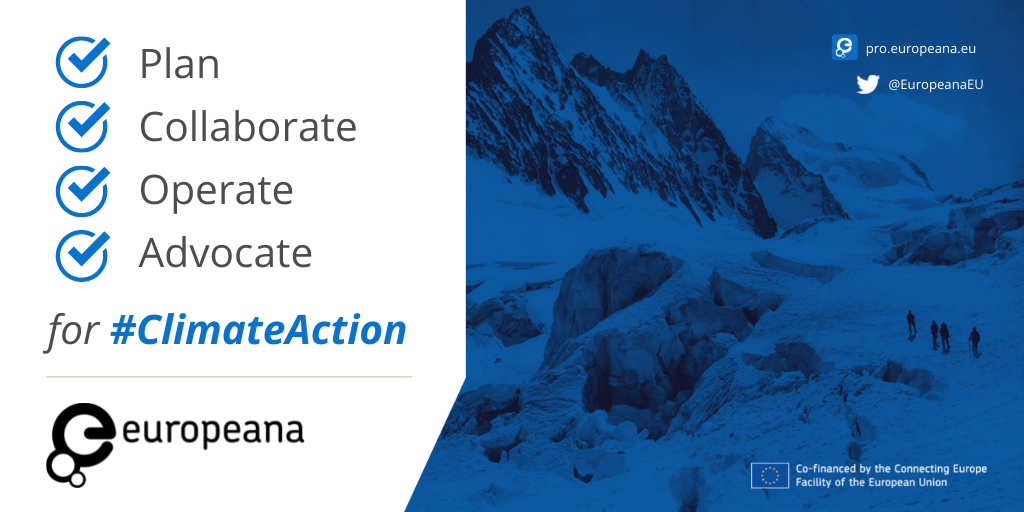Who do you look to for best practice and inspiration in this area?
Shadi: I think it's a very complex issue for any sector or industry, and similarly, for the cultural heritage sector, and the digital cultural heritage sector. It's a topic that we’ve only picked up recently, following the great work that the Climate Action Group started back in 2019, led by ENA Members Councillors Barbara Fischer, Killian Downing and Peter Soemers. Their work has brought us to where we are today.
I’m also inspired by things that the Museums For Future, the Climate Heritage Network, Europa Nostra and NEMO do. And I read about what climate action and climate justice organisations around the world do.
Patrick: Being a software developer, I mostly look at the technical side. So inspiration primarily comes from communities like ClimateAction.Tech and people who work on lowering the impact of digital services.Tom Greenwood wrote a wonderful book on sustainable web design. And there's Chris Adams, who's one of the founders of the Green Web Foundation, promoting service providers that use 100% green energy. And there's also Christian Kroll the founder of Ecosia, which is a climate positive search engine. He shaped that organisation in such a way that its goal is really to make a difference, to make the world better and and not to make a profit, which I think is a wonderful idea.
How can people get involved?
Shadi: Read and share the Europeana Climate Action Manifesto, join the Europeana Climate Action community and share what you are doing in your institution. Let's collaborate and learn together. Let’s share knowledge, raise awareness and together drive impactful and sustainable action. It's a journey we are on together and every action really counts.
Patrick: It starts with people realising that everything they do can have an impact on carbon emissions and climate change. People look at the internet as something that's free, you send an email and that's it. But every email also has an impact. When you realise that, you can take tiny actions to reduce that impact. You can investigate if you can switch to a green internet provider, you can send fewer emails, you can turn off your computer monitor when you're not using it. All kinds of little things can help.
As Shadi said, this is really a learning opportunity, a journey for us all. We don’t have all the answers - if we did, we would approach it differently! But it’s great to find new ways to do things. It’s very, very exciting.





